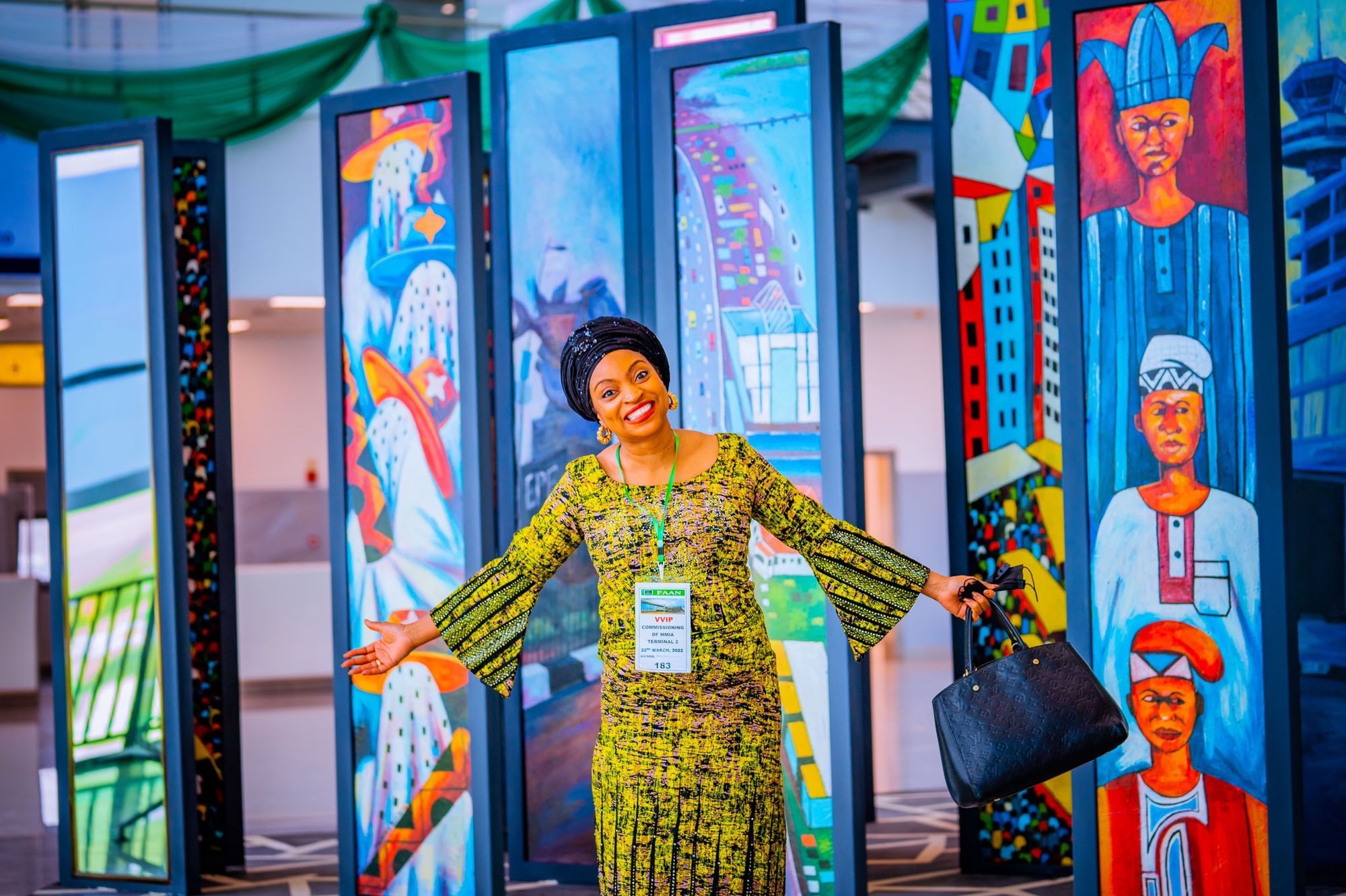Designing a roadmap for a nation’s economic corridor comes with a vibrant trade and investment policy that opens the country’s market to the outside world. As superpowers flex their economic muscles in the international market, Nigeria’s Minister of Trade and Investment, Dr. Jumoke Oduwole, joined Arise TV Primetime program.
Dr. Oduwole highlighted that President Bola Tinubu has set a target of achieving a $1 trillion economy by 2030. Nigeria is currently over a third of the way there, with clear strategies outlined under the Renewed Hope Agenda. A key pillar of this agenda is accelerating non-oil exports. The Ministry of Industry and Investment, along with other ministries, has released an outlook document detailing strategies such as investment retention and attraction, trade policy reforms, export strategies, and regulatory improvements.
She noted that these strategies are challenging but achievable. Significant progress has already been made with currency reforms, upcoming tax reforms, and an ongoing trade policy review.
YOU CAN ALSO READ: Ayeni Adekunle on Mastering Influence, Ethics, and Leadership in the Digital Age
Diversification efforts are central to this transformation. Industrialisation initiatives are underway, including manpower development programmes, support for manufacturers, and the development of special economic and free zones. Nigeria has also been recognised as Africa’s digital trade champion, with young Nigerians leading the continent in technology and innovation. The government is supporting this momentum with policies that open access to African and global markets.
Non-oil exports are growing, with plantain chips, fashion, shea butter, and other locally made goods performing strongly across Africa. To support exporters, the ministry has introduced initiatives like air cargo corridors, negotiated lower transport costs, and developed market intelligence toolkits. SMEs and larger businesses are both being supported to access markets and address capital challenges.
Nigeria’s designation as Africa’s digital trade champion reflects the strength of its private sector, particularly fintech and technology-enabled services. With services accounting for over half of Nigeria’s GDP, the government sees this as a major area of comparative advantage. Training, digital mapping, and international recognition are helping Nigeria expand its footprint across the continent.
Operationalising trade policy involves implementing reforms that improve ease of doing business, enhance regulation, and streamline trade facilitation. Nigeria’s WTO trade review provided valuable feedback, which is being used to shape reforms. Major projects, such as the national single window for trade, are being implemented with global partners to enhance efficiency.
On industrialisation, new textile parks, auto plants, and food hubs are emerging within special economic zones. The government is working with agencies like SMEDAN, ITF, NEPC, and Nexim Bank to boost productivity, exports, and standards compliance. A “Nigeria first” policy ensures that domestic investors and businesses are supported while also engaging international partners.
Nigeria’s non-oil exports to Africa grew by 24% year-on-year, showing real progress under the African Continental Free Trade Agreement (AFCFTA). The government continues to prioritise Nigerian businesses, cultivate new markets, and strengthen strategic global partnerships.
Confidence in Nigeria’s economy is growing. Citizens who once turned to dollars for savings are now seeking to invest in Nigerian companies. Consumer credit policies are being introduced to make assets like electric vehicles more affordable, while infrastructure projects, such as coastal roads, enhance productivity.
YOU CAN ALSO READ: The Rise of Abdul-Qawiyy Hammed: A Multimillion-Dollar Empire Built on Legacy, Luxury and Leverage
Nigeria’s strategy focuses on consumption for productivity, competitiveness, and exports. Services and digital trade remain at the forefront of this transformation, with young Nigerians leveraging their creativity and innovation to drive growth. The government is supporting them with enabling digital infrastructure, identity systems, access to capital, and data storage initiatives.
Development finance institutions like AfDB, Afreximbank, and AFC are catalysing investment in Africa, many of them led by Nigerians. With Africa investing in itself, and Nigeria leading the charge, the foundation is being laid for sustainable growth.
She concluded by reaffirming Nigeria’s commitment to building an economy that is productive, competitive, and globally relevant, while creating opportunities for its people and strengthening its role as Africa’s economic powerhouse.










